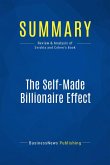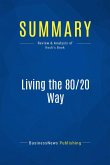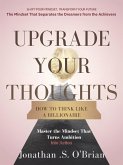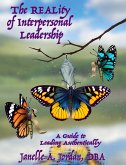The book's research-based approach combines insights from productivity studies, neuroscience, and behavioral psychology to create a practical framework for maximizing commute periods. It divides transit time into three distinct categories: active learning, creative development, and strategic planning, each matched to specific commuting scenarios and cognitive states.
Through case studies of successful professionals and data from over 1,000 survey participants, the book demonstrates how different commuting environments-whether driving, using public transport, or walking-can be optimized for specific activities. Moving from theoretical foundations to practical application, the text progresses through three main sections: the science of transit attention and productivity, frameworks for activity-commute matching, and specific implementation strategies.
What sets this guide apart is its focused approach to the unique challenges of commute time, including safety considerations for drivers and adaptable strategies for various transit modes. The book acknowledges modern workplace evolution and provides flexible solutions, supported by a mobile app companion for tracking progress and suggesting appropriate activities based on individual commuting patterns.
Dieser Download kann aus rechtlichen Gründen nur mit Rechnungsadresse in A, B, BG, CY, CZ, D, DK, EW, E, FIN, F, GR, H, IRL, I, LT, L, LR, M, NL, PL, P, R, S, SLO, SK ausgeliefert werden.









